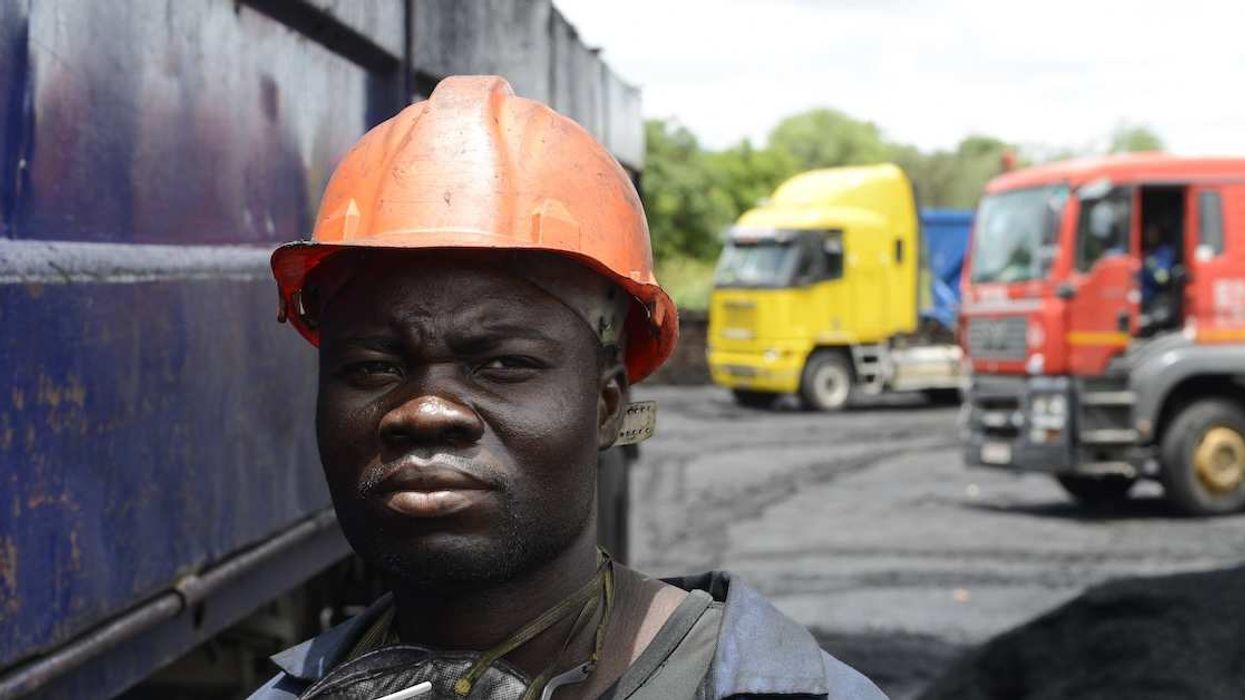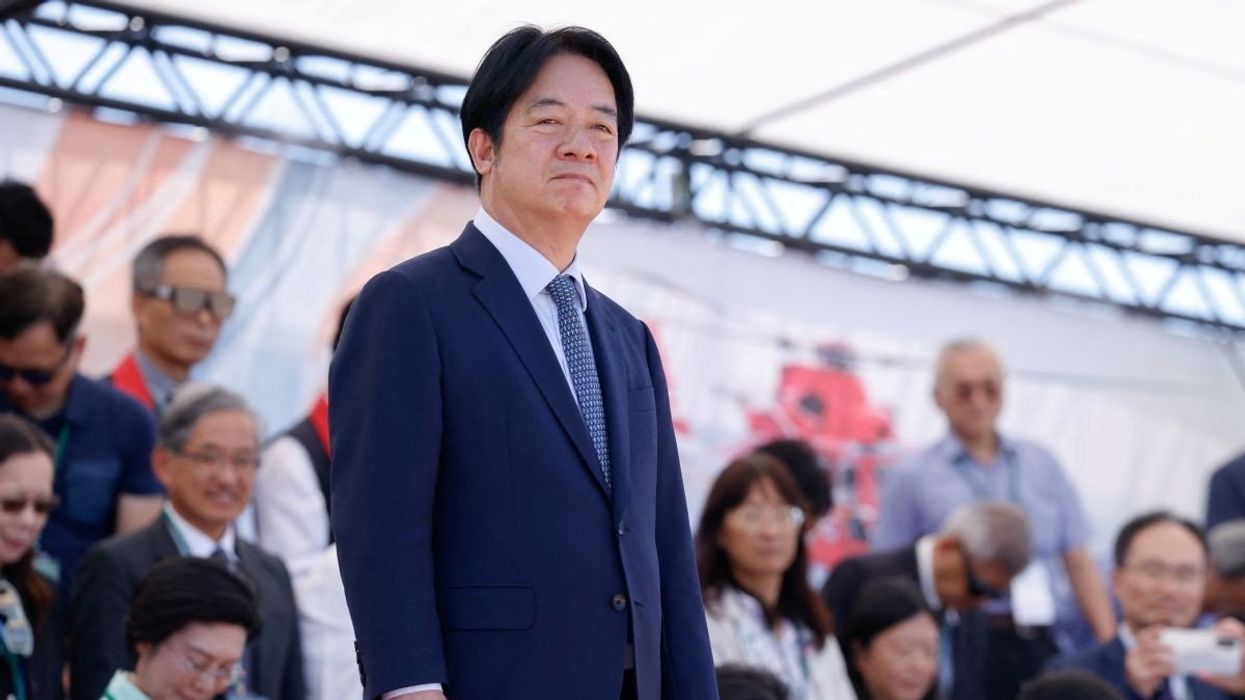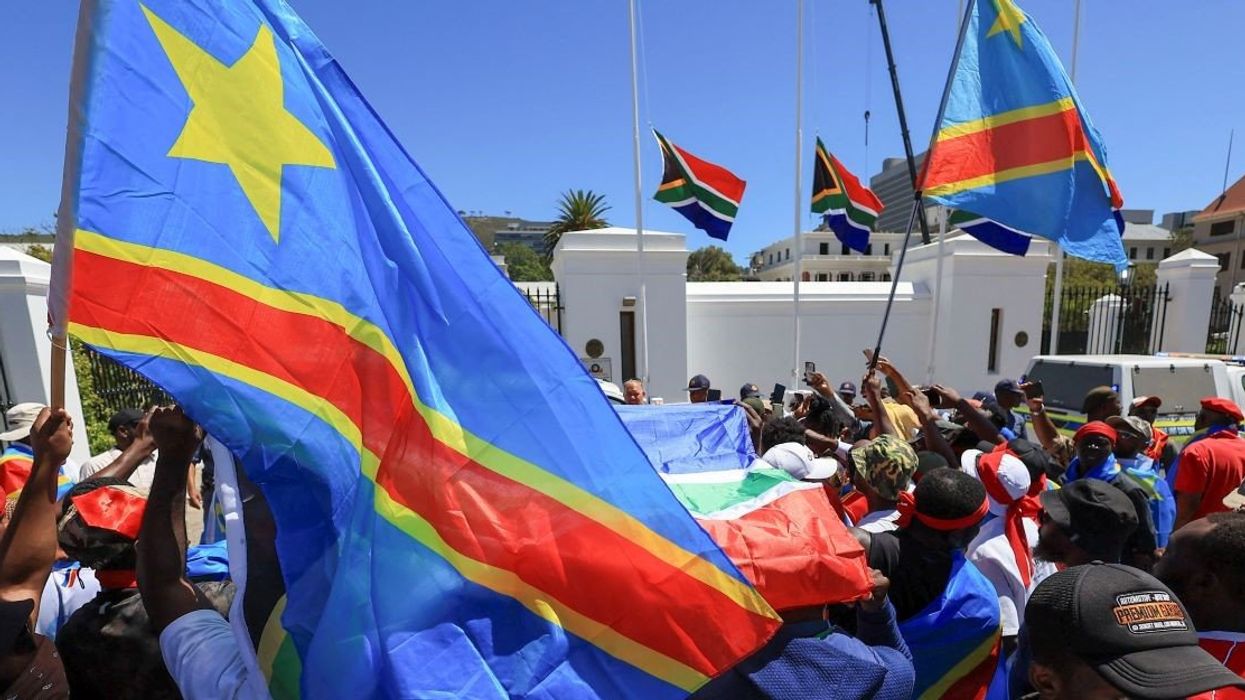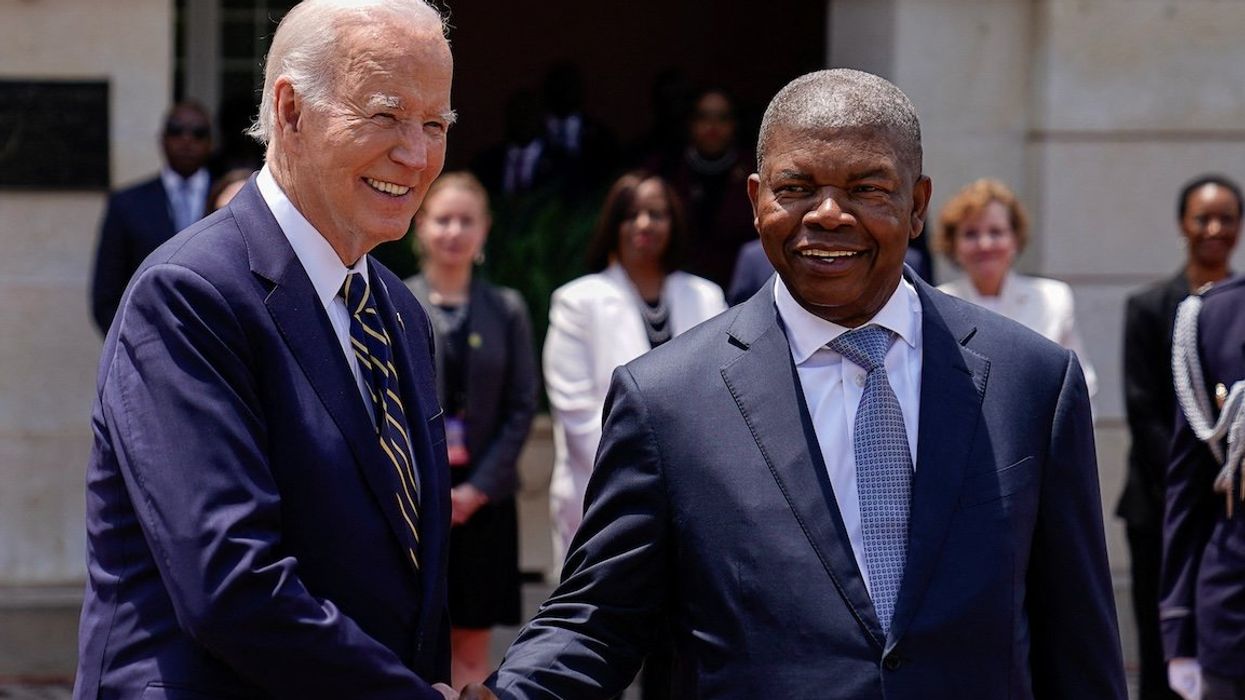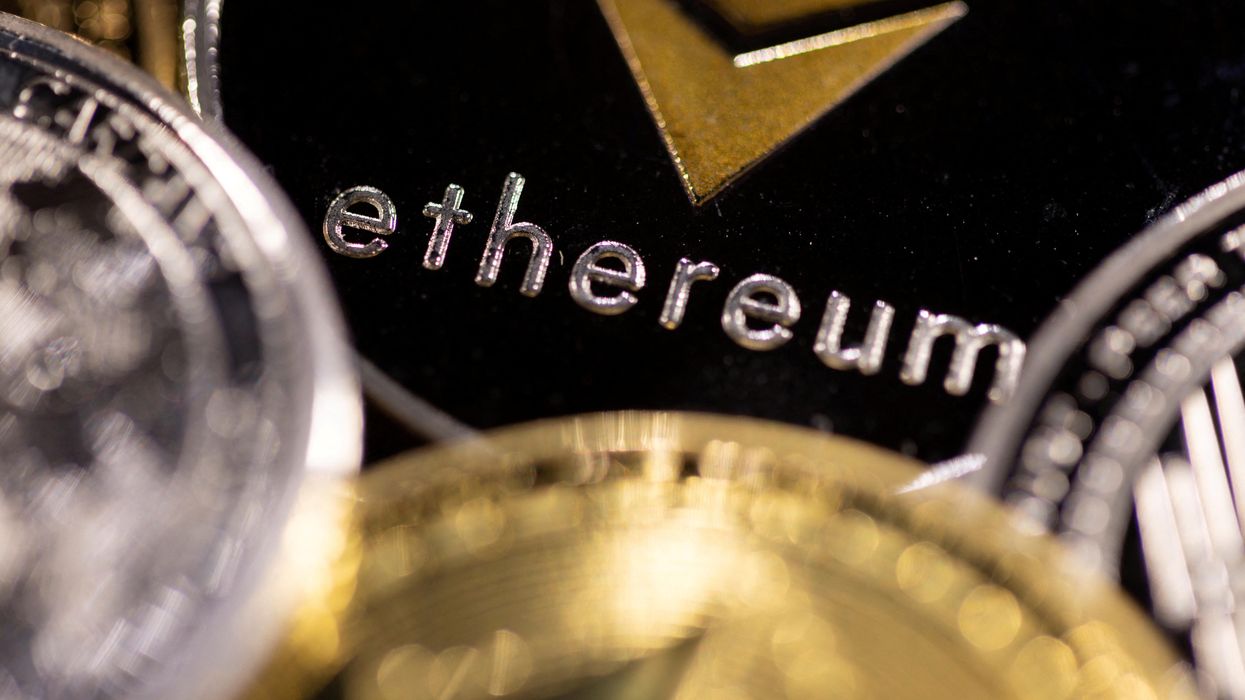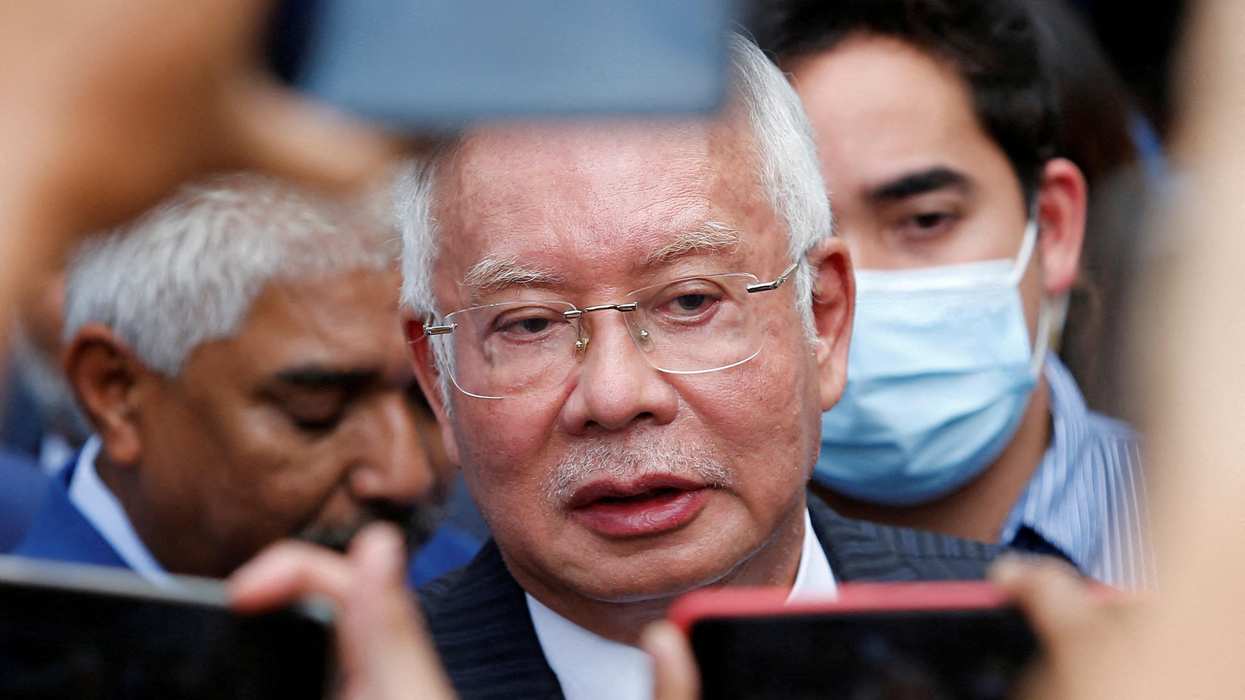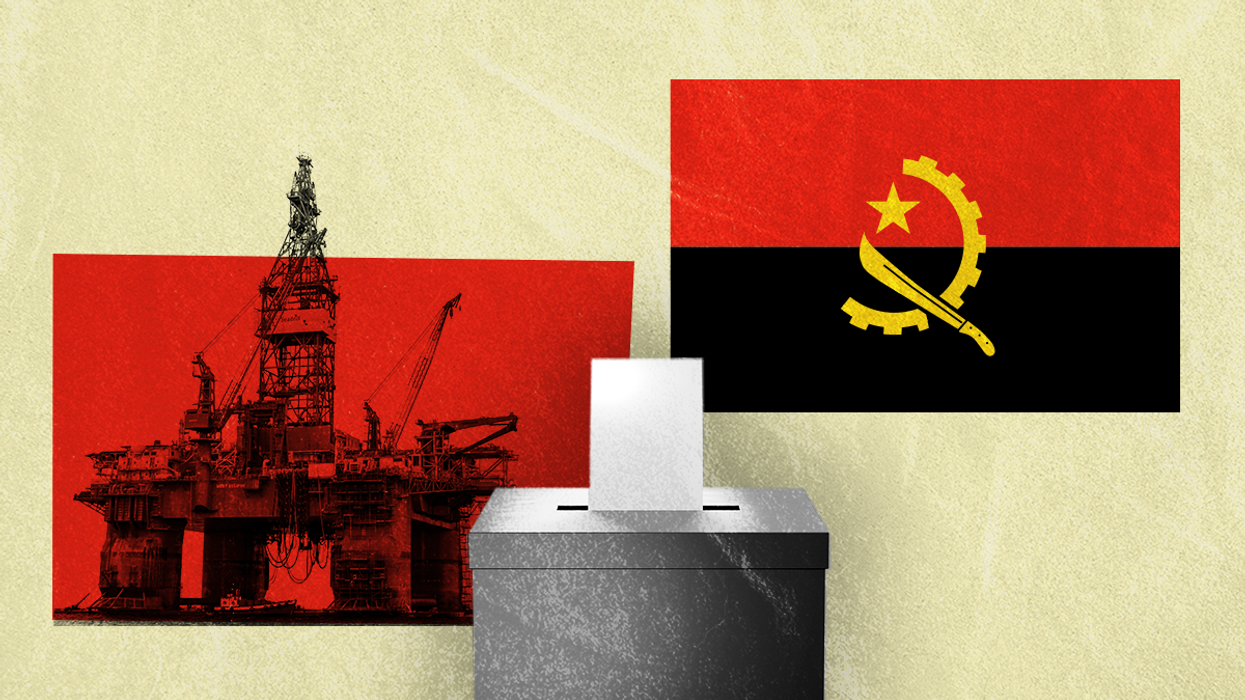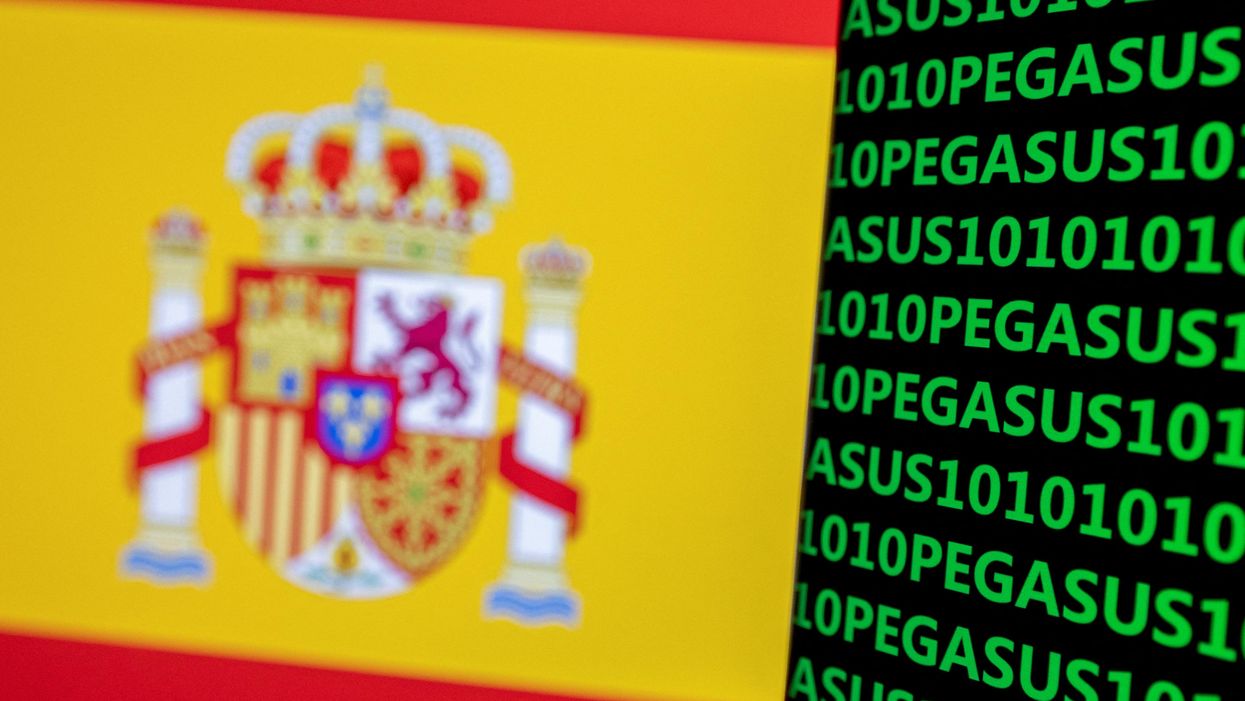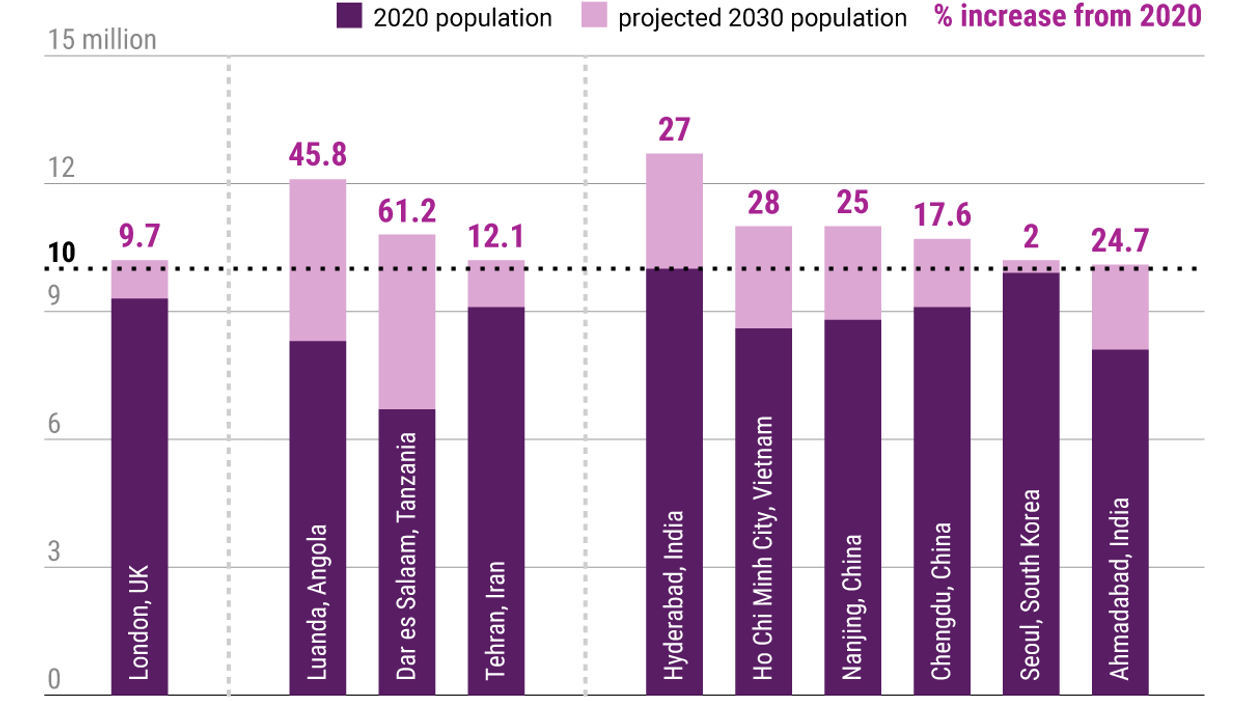Hard Numbers
Hard Numbers: Angola to build critical minerals railroad, DOJ delays total Epstein files release, Bank of Japan raises rates, Trump adds two new holidays to the calendar
$753 million: Angola secured $753 million in loans from the US and South Africa to revamp a railway line linking mining regions in the Democratic Republic of Congo and Zambia.
Dec 19, 2025
